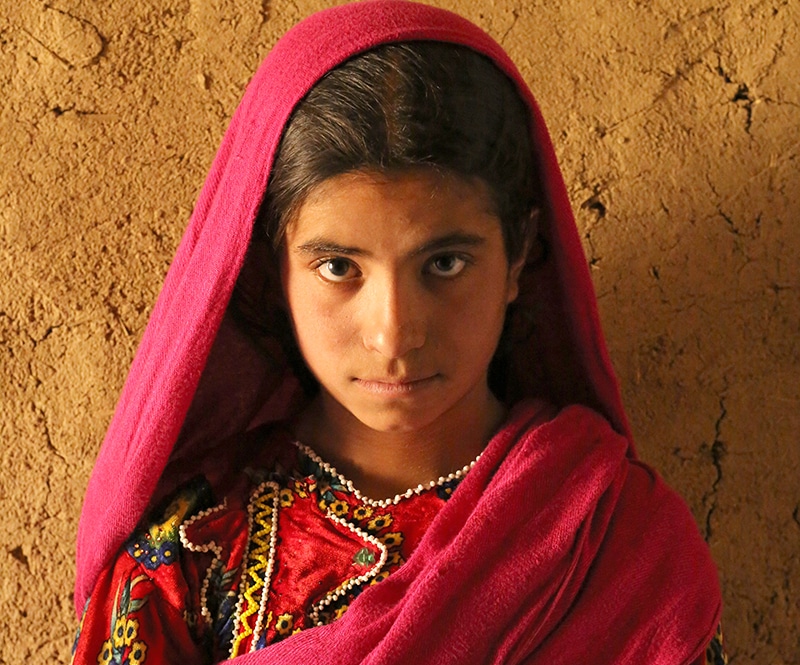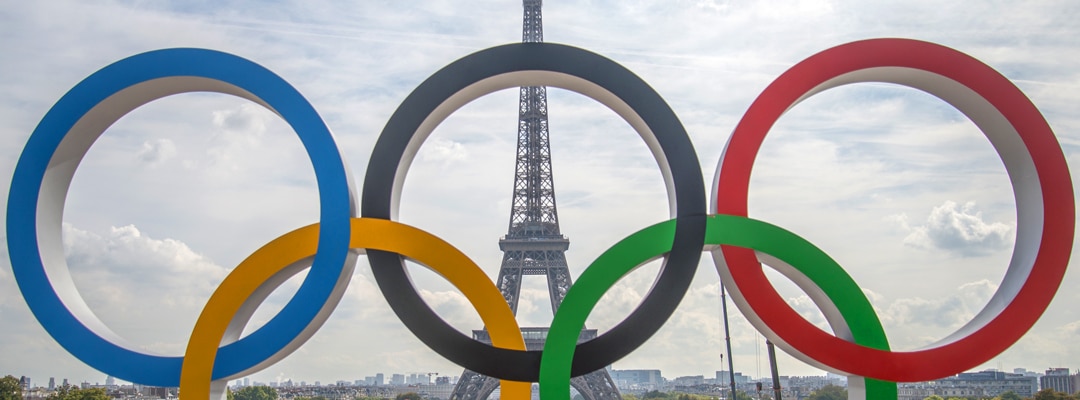Afghan Female Olympians Take the Fight for Women’s Rights to the 2024 Paris Games
It’s been three years this week since the United States pulled out of Afghanistan, allowing the Taliban to retake control of the country and clamp down on women’s rights.
Since then, women who were government officials, judges, lawyers, and business leaders have been removed from any role in society. Female athletes are banned from sports. Girls’ education beyond Grade 6 is forbidden. Women who speak out are threatened, thrown into prison, and even tortured or worse.
But while the war may have ended, the battle is not over. Each day brave women and girls – and their families – are fighting back.
Taking the Fight to the 2024 Summer Olympics
This fight has been made more public in recent weeks as the 2024 Summer Olympics took place in Paris, France. Three female athletes represented Afghanistan in the Paris Games — sisters Fariba and Yulduz Hashimi, two cyclists who live in exile in Italy; and Kamia Yousufi, a sprinter who lives in exile in Australia. These three women made up a six-person team (three men who live in exile also competed) under the former Afghanistan flag. Taliban officials and the Taliban flag are banned from the Olympics because of human rights violations.

Competing Under the Former Afghan Flag
Some have argued that these Olympians should have competed on the Refugee Olympic Team and that the International Olympic Committee (IOC) should have barred them from representing Afghanistan to make a statement against the Taliban’s atrocities against women.
One person making this argument is Friba Rezayee, a female Afghan who competed in the 2004 Olympic Games. On July 17, 2024 she wrote an op-ed in the New York Times stating, “The IOC’s decision to allow a team from Afghanistan to compete is an act of recognition – although perhaps unintentional – of a regime that punishes women for participating in sports.” She goes on to talk about how none of the three women competing in the 2024 Olympic Games lives and trains in Afghanistan nor can they visit without risking their lives.
However, in a Rolling Stone article published on August 2, 2024, former Afghan Olympic athlete and IOC member, Samira Asghari, argues in favor of letting the athletes compete under the former Afghanistan flag. She says that millions of Afghans still love the old flag and that for some, it represents freedom. “We can show the Taliban that if you do not allow women to represent themselves, to show the world that they exist and that they have passion for sport, we have that platform,” she writes. “The IOC can show women that we support you and your rights as athletes.”
Central Asia Institute has been working to advance education in Afghanistan, especially for girls and women, for over two decades and we continue to work there today. While we have been forced to curtail some of our programs due to the Taliban’s restrictions, we provide education to over 5,500 girls. We see the battle for girls’ education and women’s rights play out every day in the communities we serve. Afterall, educating an Afghan girl – or boy – is one of the most effective ways to fight back against the Taliban.
While they didn’t win gold, CAI would like to honor the brave women who competed in the 2024 Olympic Games. We are inspired by their commitment to their country’s freedom, and their courage to compete on behalf of a nation of women living in the dark shadow of the Taliban.
If you want to support CAI and our work in Afghanistan, please consider donating today. Every dollar goes to help girls get access to education, and to support female teachers who believe in the power of education to change the world.

